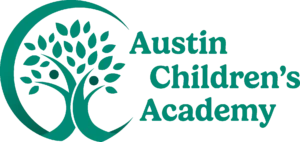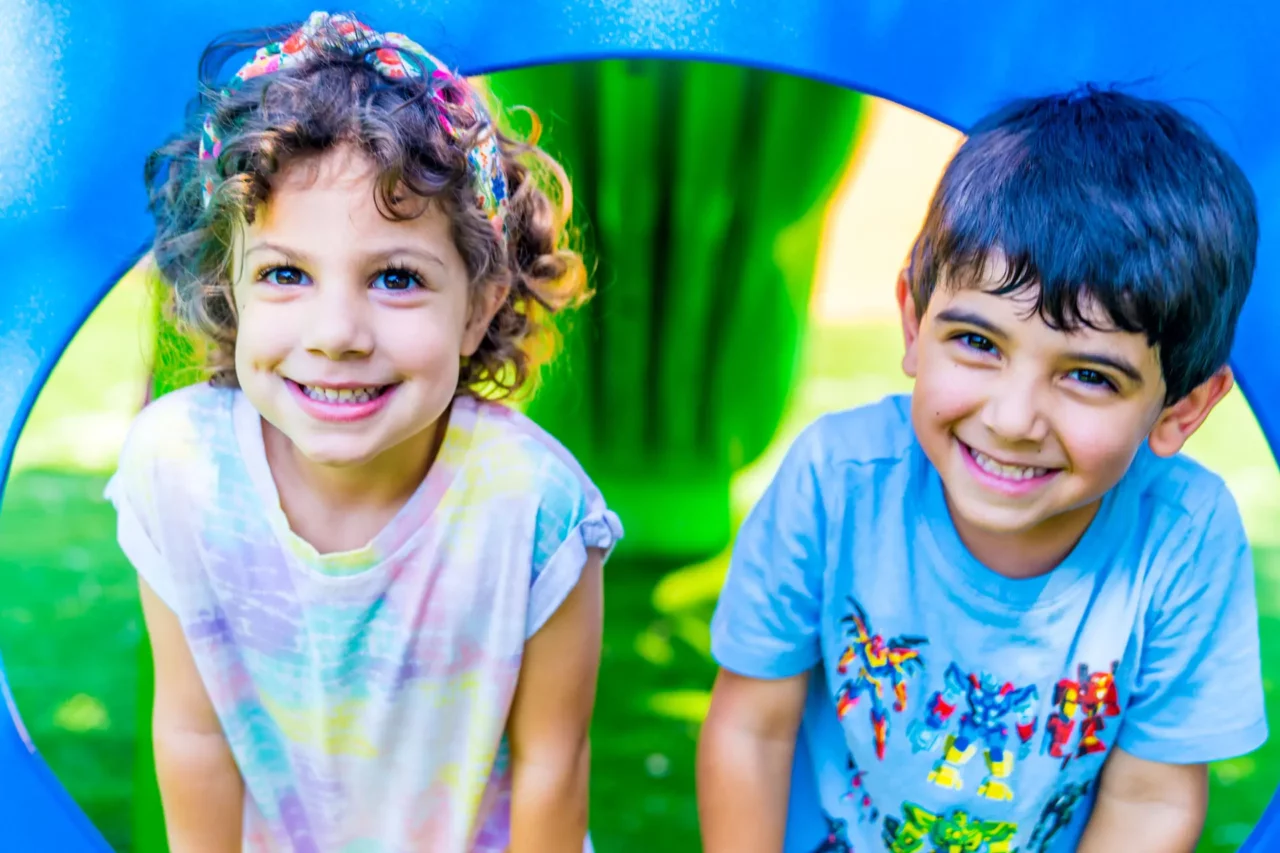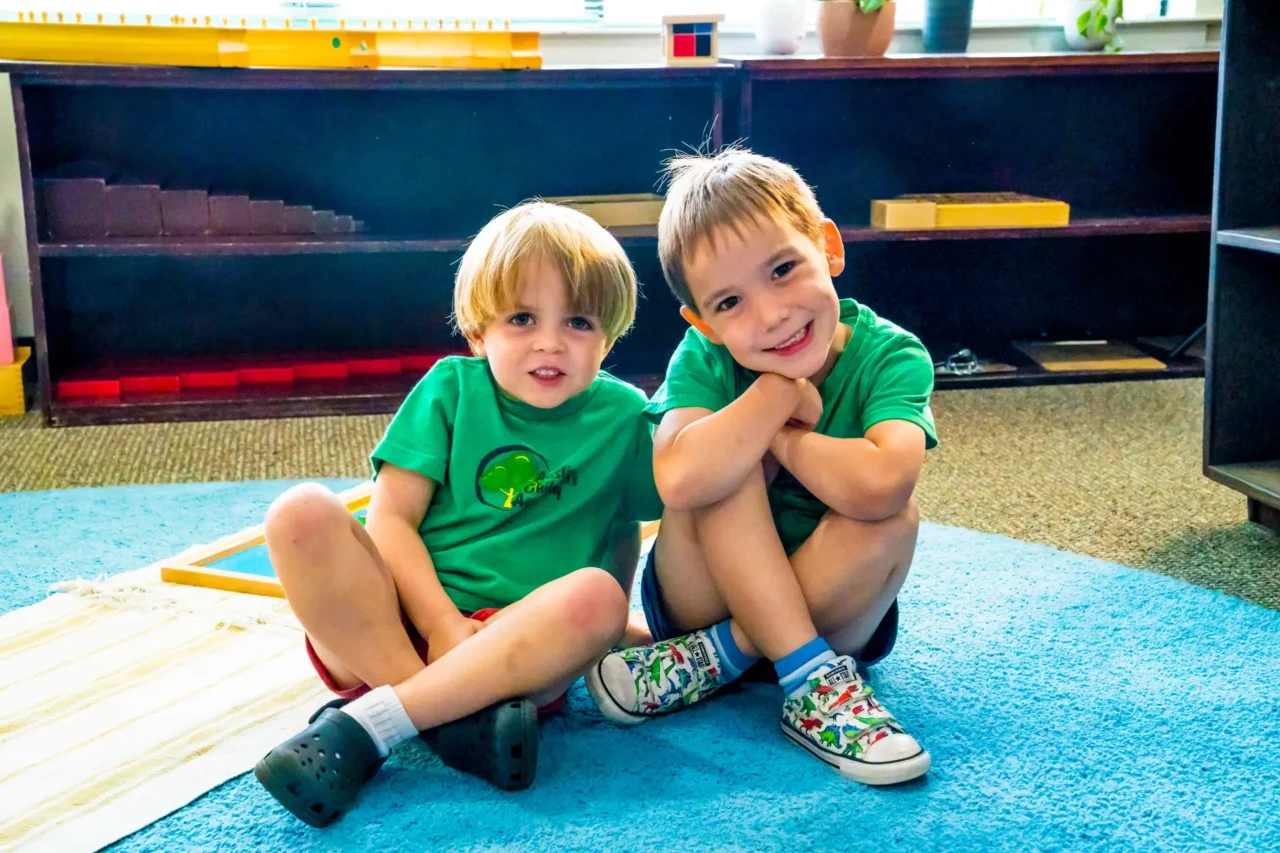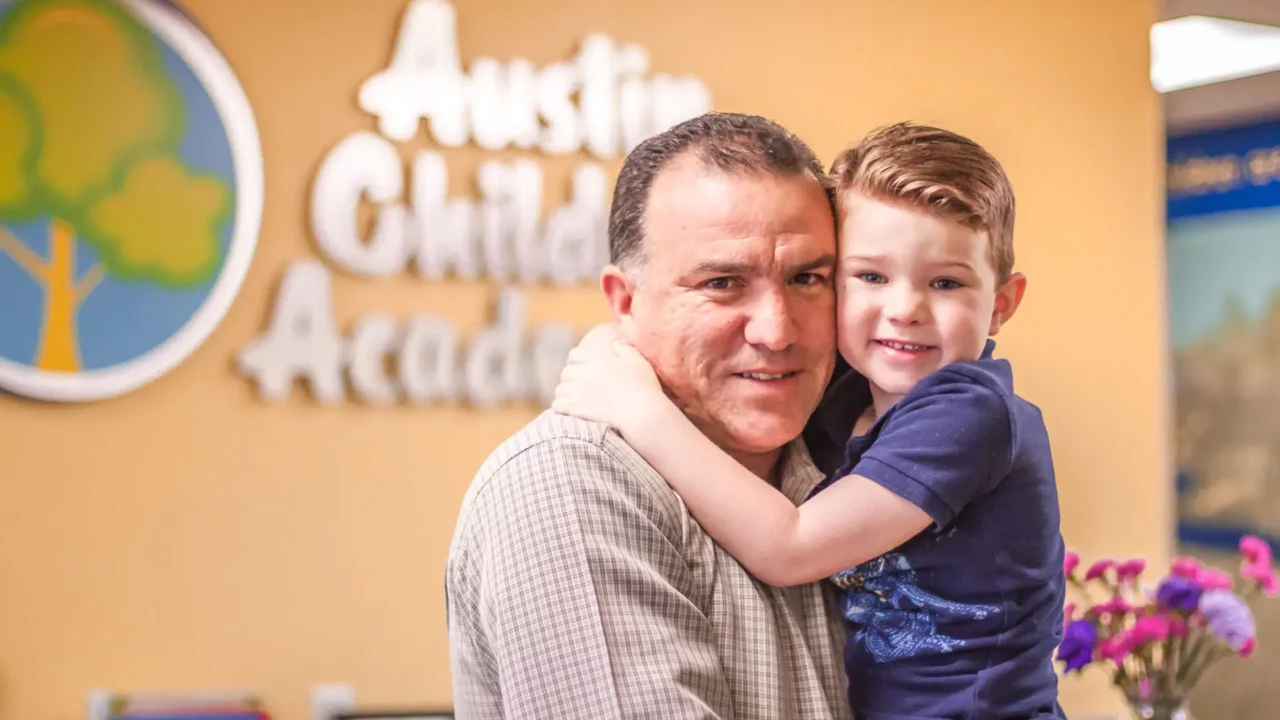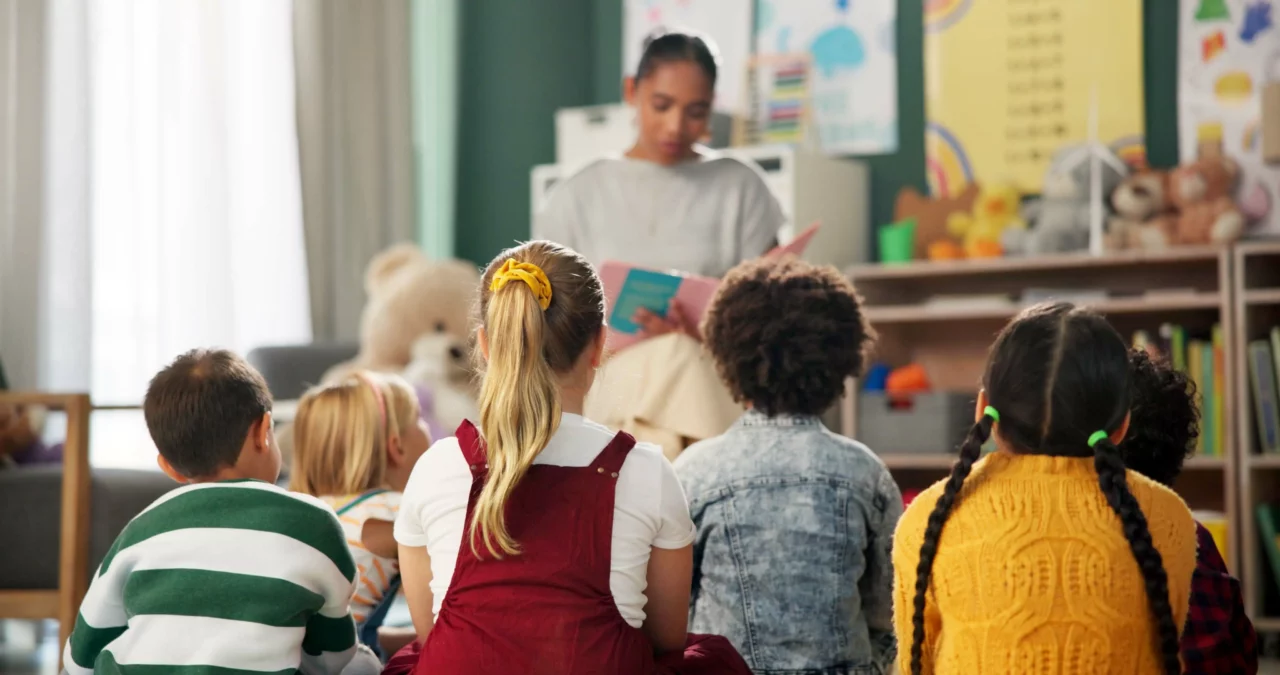
Often the benefits of early childhood education are framed academically, as if developing fundamental reading and math skills is the primary goal. But there are a whole lot of other lessons your toddler is learning in his first classroom experience: Lessons in social skills that may have a deeper impact on your child’s future success than nailing those ABCs.
Check out these five social skills that early childhood education strives to teach toddlers.
Communication
Social skills begin with clear communication. Expanding a toddler’s vocabulary is vital, and much of that explosive language development occurs during the toddler years. Early childhood education encourages the use of words like “please” and “thank you,” and teaches children the words and phrases they require to properly ask for the things they need.
Cooperation
For many toddlers, early childhood education is their first foray into a relative large group of individuals of their own age. Learning all the new rules in a new space, as well as how to share mutual resources, can be difficult. Absorbing these new social skills is the first step toward learning how to be part of a working community.
Engagement
Toddlers want to play all the time, but among others of their own age, it is natural to want to hang back. Some children do so because they are shy by temperament, or they are unsure of the language or protocol by which they may join in. Early education strives to teach toddlers to take the initiative to join in group activities, as well as encourage others to join with them, too.
Empathy
Toddlers often struggle with pesky, strong emotions like frustration and anger. One of the pillars of early childhood education is learning to recognize those emotions and identify and label them.
Toddlers are not only learning to recognize their own emotions, but in early childhood classrooms they’re also taught to recognize and empathize with the emotions of others. In conflict, learning how to apologize and accept apologies is a step in the right direction.
Self-Control
When it comes to toddlers, self-control is usually measured by how many temper tantrums can be avoided. But self-control is also learned when a hungry toddler, whose lunch is in a backpack by her feet, forestalls rummaging around for crackers until the lesson is over and it’s time for lunch. It’s during the toddler and preschool years when, ideally, these first lessons of the value of restraint are internalized.
